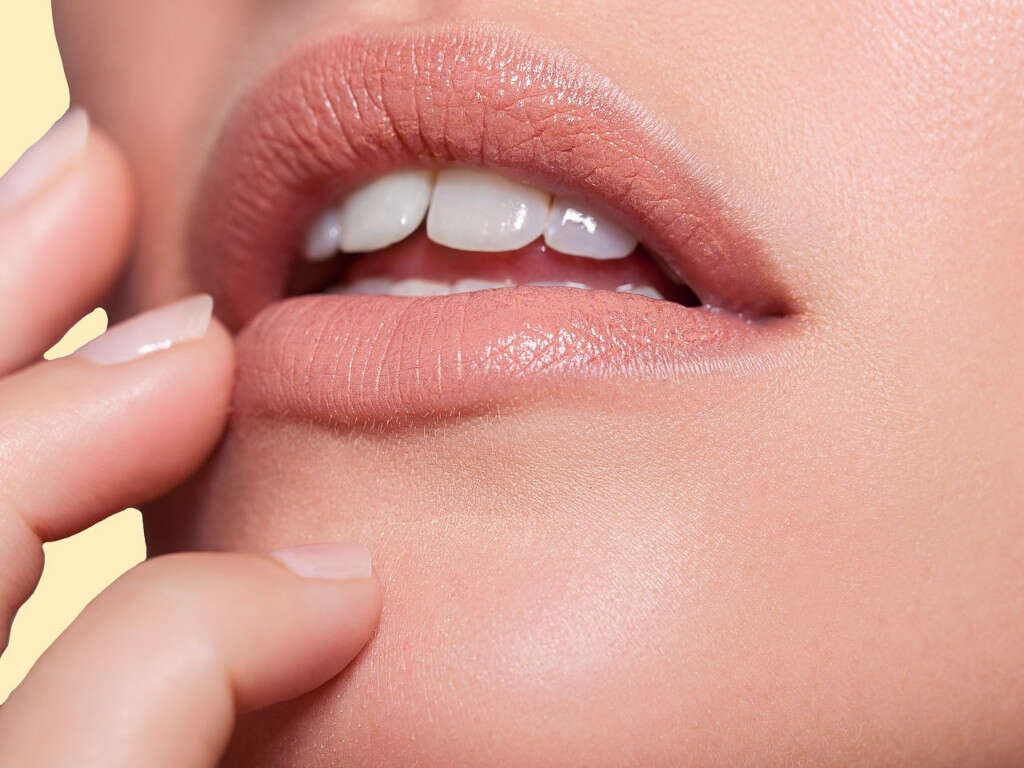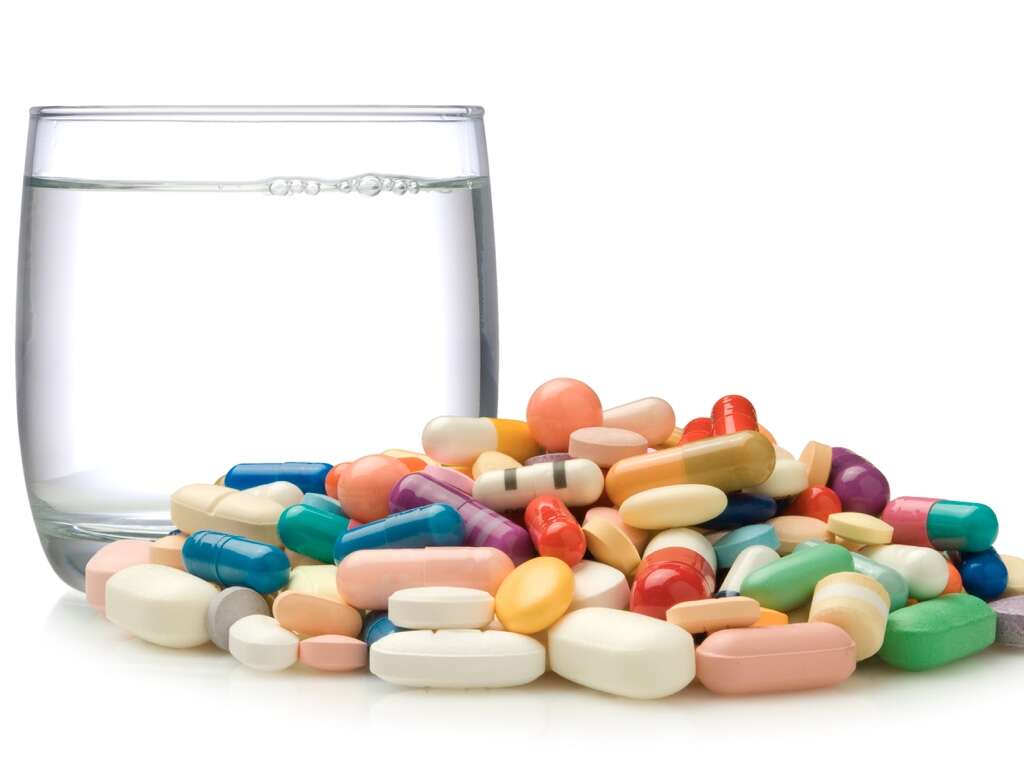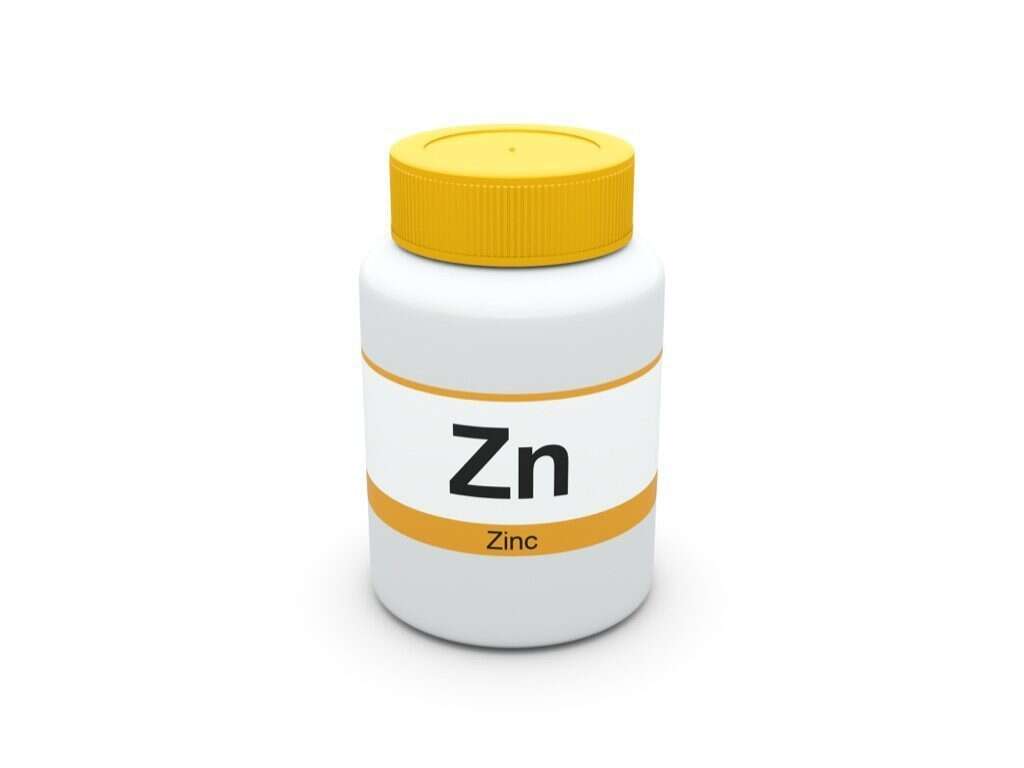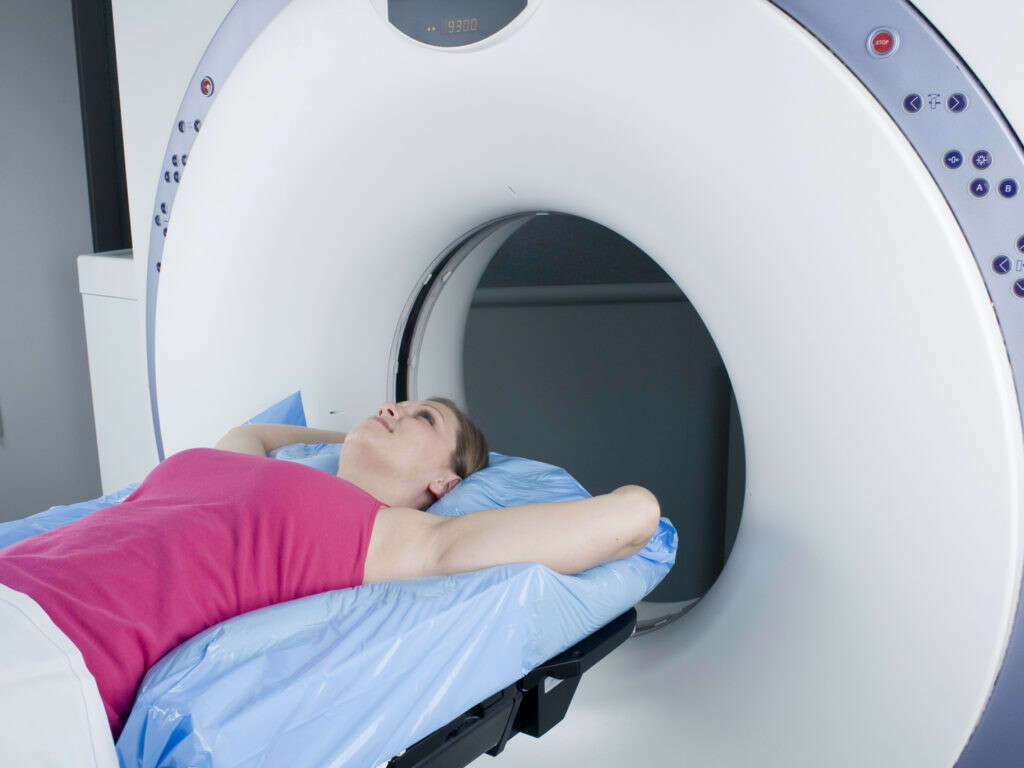10 Side Effects of Radiation
Radiation is often considered to be something of which to keep well clear. When we think of radiation we tend to think of nuclear weapons, nuclear waste and creatures being born with gross deficiencies. While it should be treated with caution, though, radiation can also be very useful to us. Among other things, it can be used to help treat cancer.
Bombarding cancer cells with radiation will cause damage to the cancer cells’ DNA. This can cause them to break down, after which they are then be carried away from the body.
The treatment can be used to slow the spread of cancer and even reverse it in some cases. As is to be expected, though, the treatment does have some side-effects.
Radiation Side Effect #1: Hair Loss
Your hair can often tell people a lot about your overall health. A poor diet or illnesses can have an effect on your hair, while various treatments can also make an impact. If someone undergoes radiation therapy, they are likely to find that they begin to lose hair.
Hair loss generally begins around 2-3 weeks after treatment is started. The amount of hair that is lost will vary from person to person. It will usually grow back, although the loss can be permanent with heavy treatment. Hair loss will only be experienced in the area of the part of the body that receives treatment.
Radiation Side Effect #2: Fatigue
Being ill or injured in some way is often very draining on the body. Internally, your body can be working on overdrive to combat illness and fix wounds. This uses up a lot of resources and it can be exhausting. Patients that are undergoing radiation therapy will often also complain that they are feeling fatigued.
Being bombarded with radiation is very tiring on the body. Patients will generally not begin to feel fatigue for several weeks after the radiation has started. The fatigue can continue to worsen as treatment continues and can continue for some time after radiation has stopped. Other symptoms such as lack of appetite and difficulty sleeping can add to fatigue.

Radiation Side Effect #3: Appetite Loss
While it is important not to overeat, it is equally important to eat enough. Otherwise, your body will struggle to get the energy and nutrition that it needs. This is especially the case when we are ill because our body needs extra resources to try and heal itself. Unfortunately, though, illnesses will often be accompanied by a loss of appetite.
Patients are likely to begin experiencing a loss of appetite a few weeks or so into radiation therapy. This can be made worse if treatment is done on the head or neck area as the treatment can change the way that food tastes. Regardless of appetite loss, it is important that the patient continues to get plenty of nutrition.
Radiation Side Effect #4: Skin Problems
If your skin changes color or appearance for no apparent reason, it is wise to take notice. This can be a sign that all is not well. It could also be due to something simple such as something irritating the skin, or maybe you’ve just been out in the sun for too long. It will also be experienced by people that have been undergoing radiation therapy.
Skin reactions to radiation usually occur within the first 2 weeks or so. Depending on the region that is being treated and the intensity of the treatment, radiation may cause the skin to become red like a sunburn. Some patients may also experience flaking and dryness of the affected skin.

Radiation Side Effect #5: Low Blood Cell Count
Cells that are carried in our blood carry out essential functions such as helping to fight disease and transporting oxygen and nutrients. The cells are produced in our body and are constantly replenished as old blood cells die out. If there are insufficient cells in the blood it can lead to various unwanted symptoms.
Radiation therapy may cause the blood cell count to drop. This is not a common finding and it is usually seen in patients receiving both radiotherapy and chemotherapy together.
Radiation Side Effect #6: Nausea
Sometimes, nausea can be caused by eating food that was not fresh or maybe detecting an unpleasant odor. At other times, it can be due to an illness and is often a way for your body to make you vomit. This can help remove toxins or pathogens that are posing a threat to your well-being.
Nausea is also a fairly common side effect of radiation. It can occur regardless of which part of the body is treated but is most likely to happen if the abdomen area is being treated. The nausea should disappear a few weeks after the treatment has finished.

Radiation Side Effect #7: Nerve Damage
Our bodies are interlaced with a network of nerves that carry messages to and from the brain. They are essential for us because, without them, we would know nothing about the world around us. Our nerves are quite delicate, but fortunately, they are well protected within our bodies. They are far from impervious, though, and they can be damaged by radiation therapy.
Nerve damage is most likely to occur if the patient’s head and/or brain is being treated. This can lead to symptoms such as a loss of hearing and/or sight. The patient might also experience muscle weakness around the neck, shoulders, and/or arms due to a condition known as radiation-induced brachial plexopathy.
Radiation Side Effect #8: Dry Mouth
Dry mouth is one of the most common side effects associated with radiation therapy. It usually appears as an acute manifestation of radiation in the first few weeks of treatment.
Radiation can affect the production of saliva. It can cause salivary glands to decrease their activity by half in some patients. This condition can also affect swallowing and taste. If the condition is left unaddressed, it can lead to many complications like cavities and dental decay.

Radiation Side Effect #9: Pulmonary Fibrosis
Our lungs are made from soft, delicate tissue. The soft tissue is quite prone to damage but thankfully the lungs are well protected behind a strong rib cage. This means that they are usually quite safe from damage, although we will need to be careful about what we inhale. They can also become damaged as a result of radiation.
Radiation therapy can damage the delicate lung tissue. This will then lead to scarring of the lung tissue, which we know as pulmonary fibrosis. This scar tissue is thicker than the original tissue and can affect the patient’s ability to breathe. This will only occur if treatment is being carried out on the chest area.
Radiation Side Effect #10: Hormone Imbalances
Hormones are created by small glands that are located in various locations throughout our bodies. Hormones help to regulate our moods and also help essential organs to operate effectively. If they are thrown out of balance then they can produce some unexpected and very profound symptoms.
The most common hormonal imbalance associated with radiotherapy is secondary hypoparathyroidism. This may happen if the patient is receiving radiation to the head and/or neck region. This condition usually resolves without major complications.











